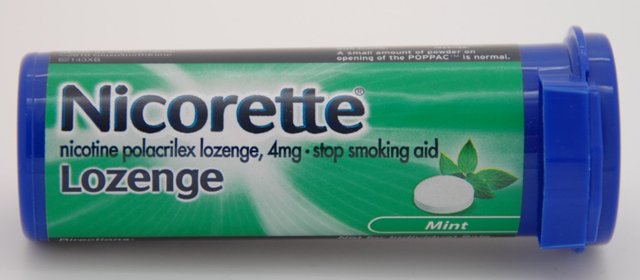The Worst Advice We’ve Ever Heard About Nicotine
Introduction
The vilification of tobacco and nicotine was one of the greatest social engineering feats of the 20th century. From the epitome of cool to pariah status within a single generation is pretty damn impressive social engineering. Let's not try to sugar-coat it, smoking tobacco is bad for your health. That said, mainstream perception is that smoking and nicotine are one in the same. Smoking tobacco is a disgusting habit, harder to kick than heroin, and basically is synonymous with evil. Smokers are outcasts; banished to huddle in alleyways filled with noxious air and self-loathing.
Nicotine Benefits
Is nicotine really as addictive as commonly thought? Our collective knee-jerk reaction says yes (again that social engineering) but recent studies are challenging the idea that nicotine (in isolation) is any more addictive than caffeine. Rather, it's the additives (over 7000 other chemicals) and MAOIs in tobacco that make smoking so easy to get hooked on. By itself nicotine is a stimulant as powerful as caffeine, a nootropic that boosts focus and working memory, and an anti-inflammatory. Recent research show promising benefits for diseases such as Parkinson's, schizophrenia, depression, and even colon cancer.
Saf(er) Ingestion Methods
There are many ways to dose nicotine without the harmful additives - vaping, nicotine gum, patches, and lozenges are among the most common.
I've been experimenting with Nicotine 4mg lozenges in January 2016, consuming 1-2 lozenges every weekday. I take only 1/4th of a lozenge at a time, keeping it on the tongue until it completely dissolves. Moderation is key as I've found consuming full lozenges results in nausea, dizziness, and a general shitty feeling.
As long as you moderate your use, Nicotine's stim buzz is clean. It provides a significant boost to energy and motivation for the task is at hand, be it office work, household chores, or exercise.
In fact, you can exploit nicotine's dopamine stimulation to positively reinforce desired behavior. Do you procrastinate when it comes to studying or hate to exercise? As an advanced technique, take some nicotine right as you start the activity and over time, you'll find yourself looking forward to doing it!
I've also found it to have slight mood-lifting and anti-anxiety effects. Nicotine has a distinct lack of "dirty stim buzz" (jitters, anxiety, dry mouth, sweaty palms, etc) that often accompanies excess caffeine or something like ECA stack. Nicotine's half-life is 1-2 hours so it's perfect for a short burst of energy to get stuff done. In fact, one of my main uses is as a pre-workout.
Nicotine Side Effects and Dependency
After a full year of use, I (a non-smoker) have not noticed any dependency. I've settled into using 1 mg 5 days a week as my pre-workout. Very rarely will I use it during the day, nor do I have any cravings for it during these times.
Your mileage may vary. Co-dosing l-theanine (another intriguing supplement) can help prevent addition from forming.
The only real side effect I've noticed is some gingivitis. Nicotine is a vaso-constrictor, and will reduce blood flow to the gums. The gums around my rearmost molars have occasionally become inflamed, which can make it painful to eat at times. I'm sure the issue is exacerbated by keeping a nicotine lozenge in the mouth for 10-20 minutes at a time. This has caused me to step up my oral hygiene habits which has been a blessing in disguise.
Nicotine has been pariah-tier for some time now. Recent studies into its potential benefits have had some surprising results.
As with most things, the dose makes the poison and in moderation, nicotine can provide a bevy of benefits.
If at this point you are curious, here are my tips:
- If you think you have an addictive personality, better not risk it.
- Don't start by taking a full dose.
- Objectively retrospect your impressions and reactions on a regular basis.
- If you're not confident in your self-awareness, better not risk it.
- Better not risk it.
